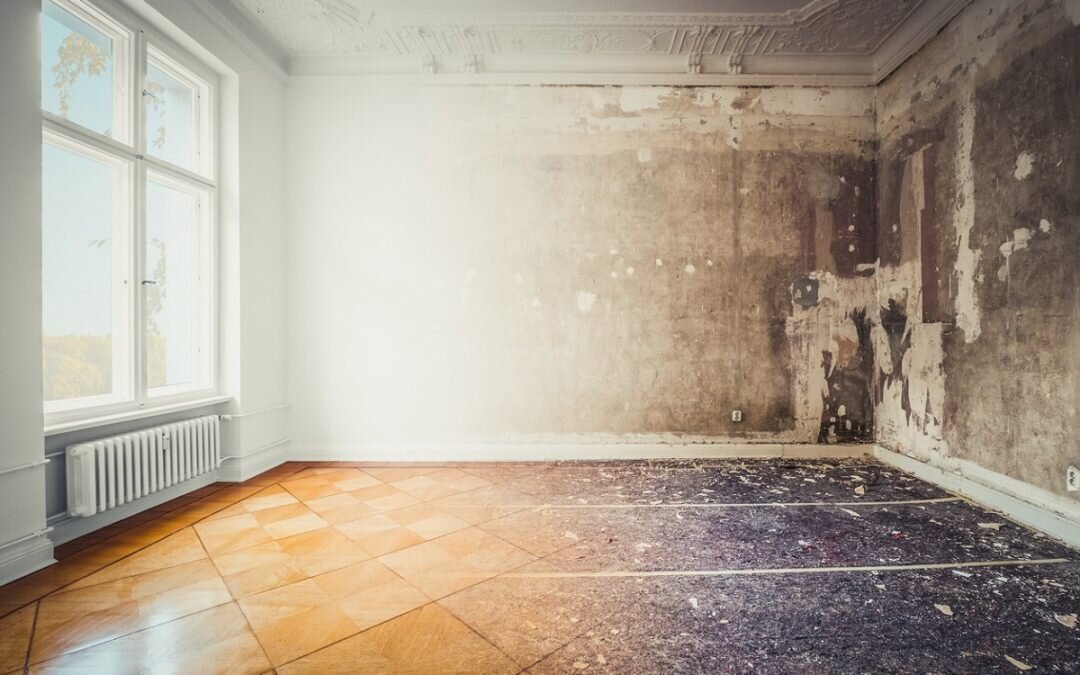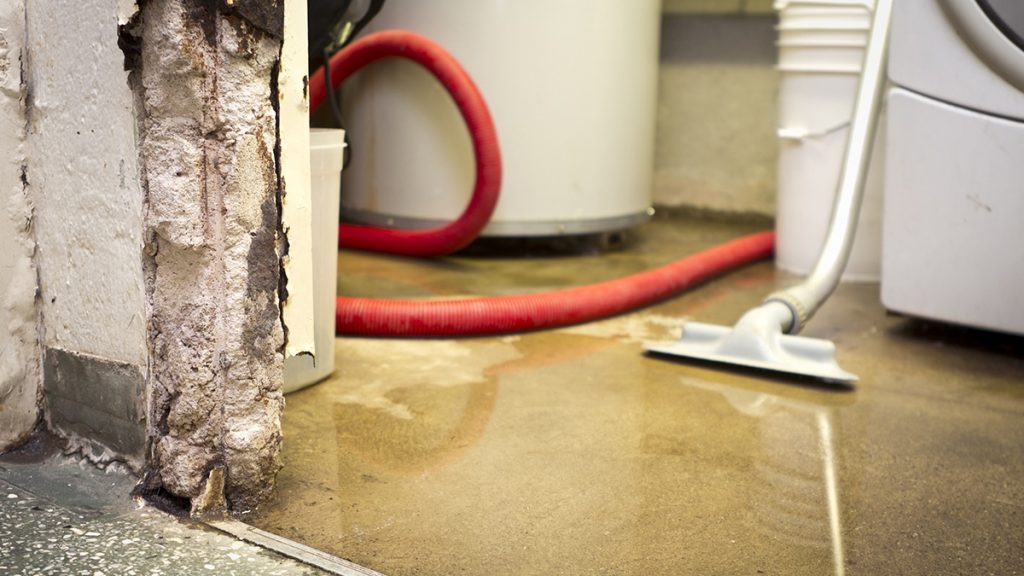Right here below you can get lots of really good data pertaining to Think Twice Before Flushing Food Down Your Toilet.

Intro
Many people are typically confronted with the issue of what to do with food waste, especially when it comes to leftovers or scraps. One common concern that occurs is whether it's okay to purge food down the toilet. In this write-up, we'll explore the reasons that individuals might think about purging food, the repercussions of doing so, and alternate methods for correct disposal.
Reasons people might take into consideration flushing food
Absence of recognition
Some individuals might not know the potential harm caused by purging food down the commode. They may erroneously think that it's a harmless method.
Comfort
Flushing food down the commode may look like a quick and very easy remedy to throwing away undesirable scraps, particularly when there's no neighboring trash bin offered.
Laziness
In many cases, individuals might just pick to flush food out of sheer negligence, without considering the repercussions of their actions.
Effects of flushing food down the toilet
Environmental influence
Food waste that ends up in waterways can add to pollution and injury aquatic ecological communities. Additionally, the water used to purge food can stress water resources.
Pipes problems
Purging food can bring about stopped up pipelines and drains, creating expensive plumbing fixings and troubles.
Types of food that must not be flushed
Fibrous foods
Foods with fibrous appearances such as celery or corn husks can obtain tangled in pipes and cause obstructions.
Starchy foods
Starchy foods like pasta and rice can soak up water and swell, leading to blockages in pipes.
Oils and fats
Greasy foods like bacon or cooking oils must never be purged down the bathroom as they can solidify and trigger blockages.
Appropriate disposal techniques for food waste
Using a garbage disposal
For homes furnished with garbage disposals, food scraps can be ground up and purged with the pipes system. Nevertheless, not all foods are suitable for disposal in this fashion.
Recycling
Particular food packaging products can be reused, decreasing waste and lessening environmental impact.
Composting
Composting is an environment-friendly means to take care of food waste. Organic materials can be composted and utilized to improve soil for horticulture.
The relevance of proper waste management
Decreasing ecological damage
Correct waste administration methods, such as composting and recycling, assistance minimize air pollution and maintain natural deposits for future generations.
Shielding pipes systems
By avoiding the technique of flushing food down the bathroom, homeowners can protect against costly plumbing repairs and preserve the stability of their pipes systems.
Final thought
To conclude, while it may be alluring to flush food down the toilet for benefit, it's important to understand the potential effects of this activity. By taking on proper waste administration techniques and taking care of food waste properly, people can add to healthier pipes systems and a cleaner atmosphere for all.
THINK TWICE BEFORE FLUSHING FOOD DOWN YOUR TOILET IN FALLBROOK CA
Let’s be honest, we’re really supposed to be tossing rotten or leftover food in the compost bin or trash can. But many people like to place scraps of food down the drain of, say, their kitchen sink. That’s why the garbage disposal was invented: so we can continue to place certain foods down the drain without clogging our drain in the process. Smart.
But not all of us have the luxury of having a garbage disposal installed. So, you might continue to shove food down your sink drain anyway – or worse: you might flush them down your toilet! If you’re guilty of doing the latter, you’re going to want to stop, and here’s why:
Toilet Drains Aren’t Designed to Handle Food!
There’s your answer: food just doesn’t belong in your toilet. It may seem like your toilet drain is wider than the drains of your sinks, but truth be told, that isn’t actually the case. The narrower pipes of your toilet leave your plumbing at risk for clogging if you do happen to flush your food. In addition, food doesn’t break down as quickly that toilet paper and human waste do. In turn, this leaves your toilet at risk for a nasty clog.
Although a flush of a tiny pinch of food every now and then isn’t going to completely damage your toilet, there are certain foods that should absolutely not be flushed in your toilet at all. These include starchy foods like mashed potatoes, grains, hard pieces of food that are slow to break down, and fats and oils.
The latter categories of food are particularly problematic as they may harden, expand as they absorb water, break down slowly in your system, or generally create the perfect obstruction with their gelatinous composition. These are all things you don’t want in your plumbing system!
Experiencing a Toilet Clog?
Nobody’s perfect, and we all make mistakes. Sometimes one of the mistakes people make is flushing food down their toilet and later realizing that it wasn’t the best thing to do once they see that their toilet is now clogged. Uh-oh!

Do you really like more info about What Can Happen If You Flush Food Down the Toilet?? Give a remark further down. We'd be pleased to find out your views about this piece. We hope that you come back again in the future. Please set aside a second to distribute this page if you enjoyed it. Many thanks for your time. Revisit us soon.
Book My Estimate

